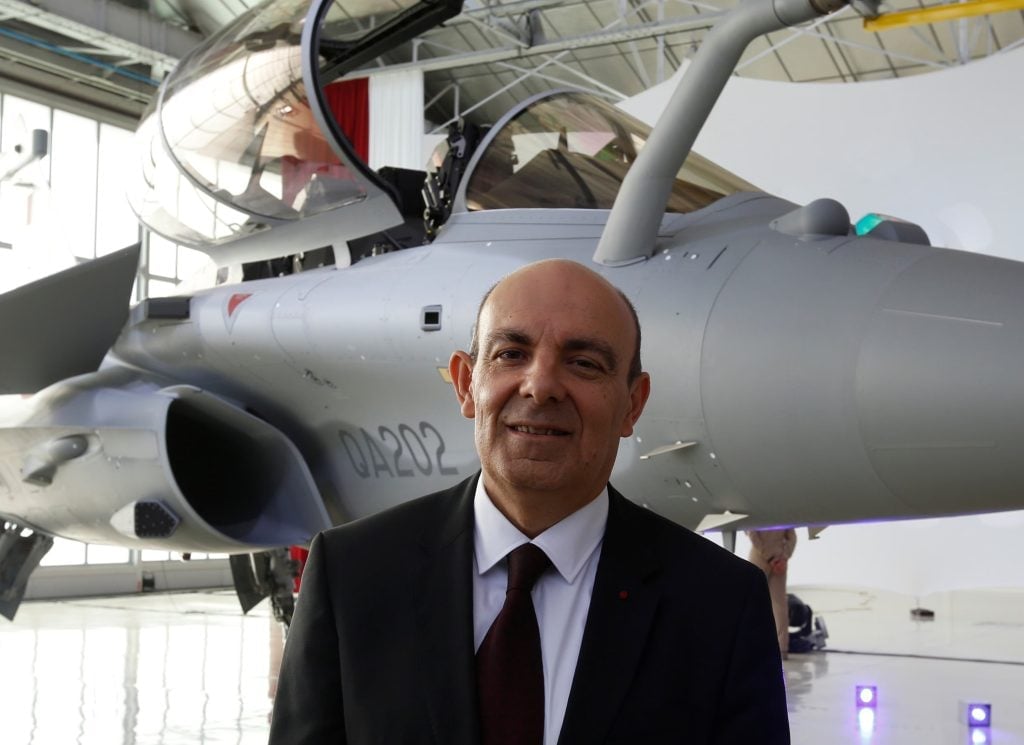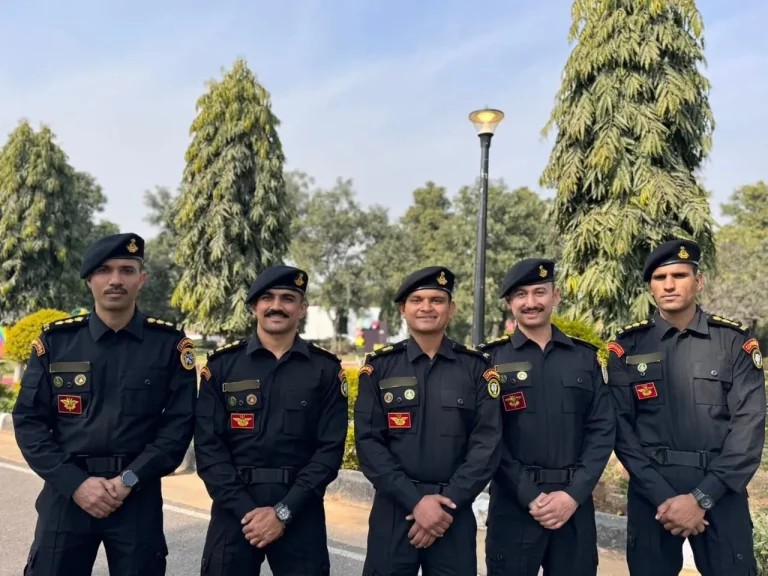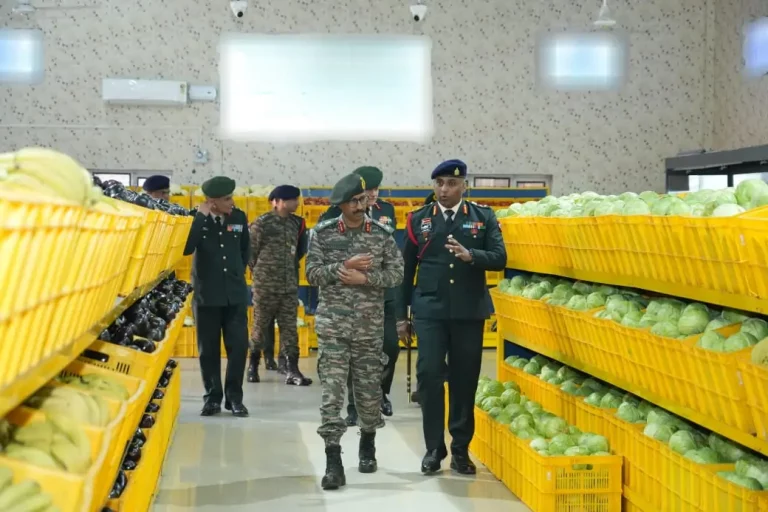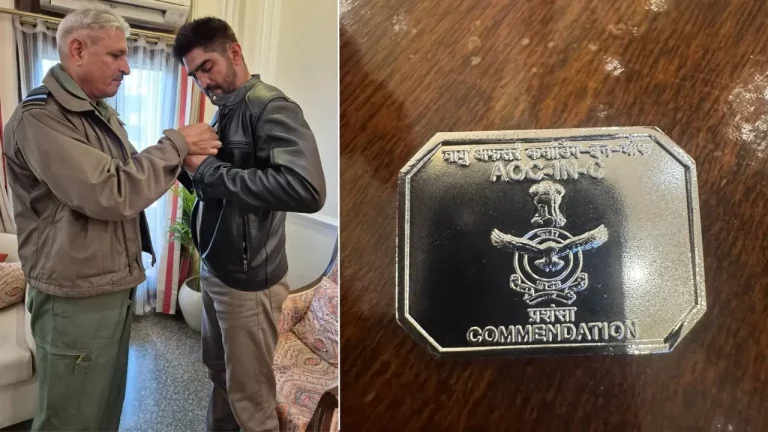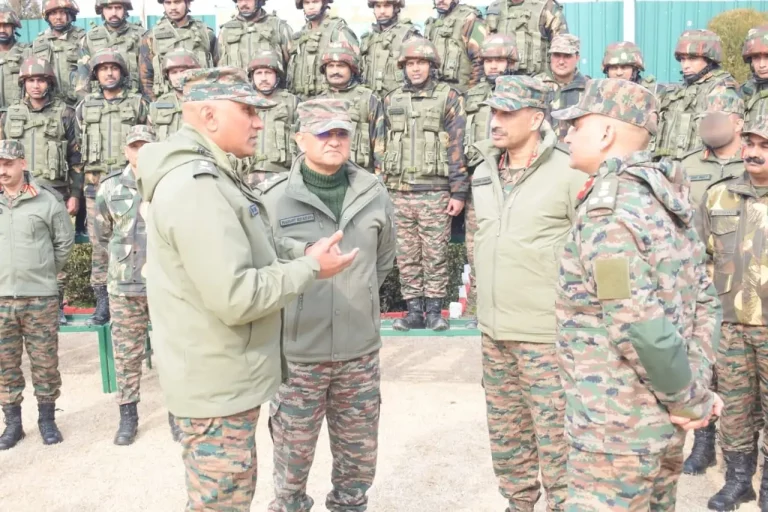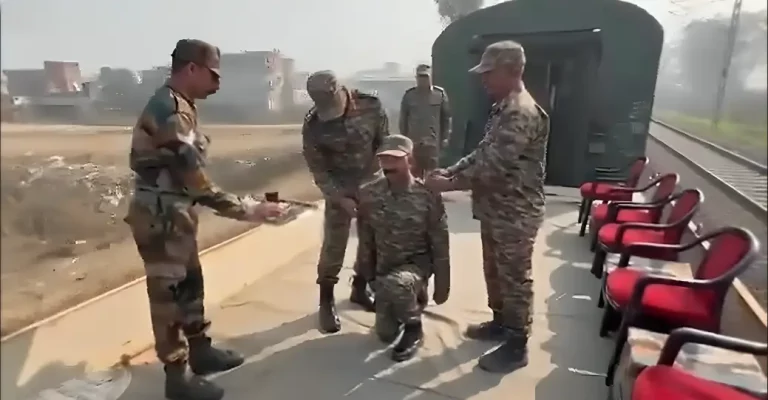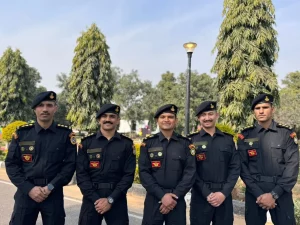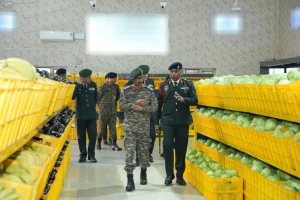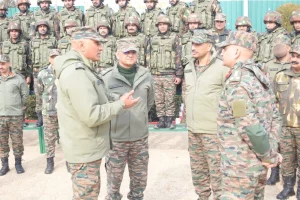A recent report from a French publication has revealed that India lost a Rafale fighter jet due to a high-altitude technical failure during an extended training mission, rather than as a result of enemy engagement. According to Éric Trappier, Chairman and CEO of Dassault Aviation, the incident occurred at an altitude exceeding 12,000 meters, with no indication of hostile radar contact or enemy involvement.
Despite this report, the Indian government has yet to make any formal statements acknowledging the loss of the Rafale aircraft under non-hostile conditions. This comes amid ongoing discussions related to India’s military operations and losses incurred during what was referred to as Operation Sindoor.
Last month, during the Shangri-La Dialogue in Singapore, India’s Chief of Defence Staff, General Anil Chauhan, acknowledged that the Indian Air Force (IAF) experienced losses during the operation but strongly refuted claims from Pakistan suggesting that six Indian jets, including Rafales, had been downed. He characterized these assertions as “absolutely incorrect.” In further comments to Reuters, General Chauhan maintained that Indian forces had successfully conducted precision strikes on airbases deep within Pakistan, asserting that they navigated all enemy defenses effectively.
Additionally, during a seminar in Indonesia, Navy Captain Shiv Kumar, India’s Defence Attaché, confirmed that “some” aircraft losses occurred during Operation Sindoor. He indicated that these losses were a consequence of strategic limitations imposed by the political leadership, which restricted the military from attacking military establishments and their air defenses, focusing the operations only on terror camps.
Éric Trappier had previously dismissed Pakistan’s claims of downing three Rafale jets during the operation, calling the allegations “inaccurate and unfounded.” In comments made ahead of the Paris Air Show on June 25, he asserted that the situation did not point to any operational failures of the Rafale, emphasizing that its SPECTRA electronic warfare suite detected no signs of hostile engagement. Data from friendly identification systems and flight logs further supported this conclusion, indicating that there were no combat-related losses.
Trappier framed Pakistan’s assertions as part of a disinformation effort aimed at damaging the Rafale’s reputation, particularly as it competes for contracts in several international markets, including Colombia, Serbia, and Malaysia. Dassault Aviation has not shied away from reporting operational losses in other contexts, citing detailed public disclosures from French military operations in the Sahel.
Intelligence reports also suggest that Chinese officials have been actively working to undermine the Rafale’s prospects in international markets. Classified assessments indicate that Chinese defense attachés have lobbied foreign governments to reconsider purchasing Rafale jets, instead advocating for Chinese-made aircraft. French military officials suspect that this is part of a broader strategy to tarnish the Rafale’s export potential amid growing competition in the defense sector.
